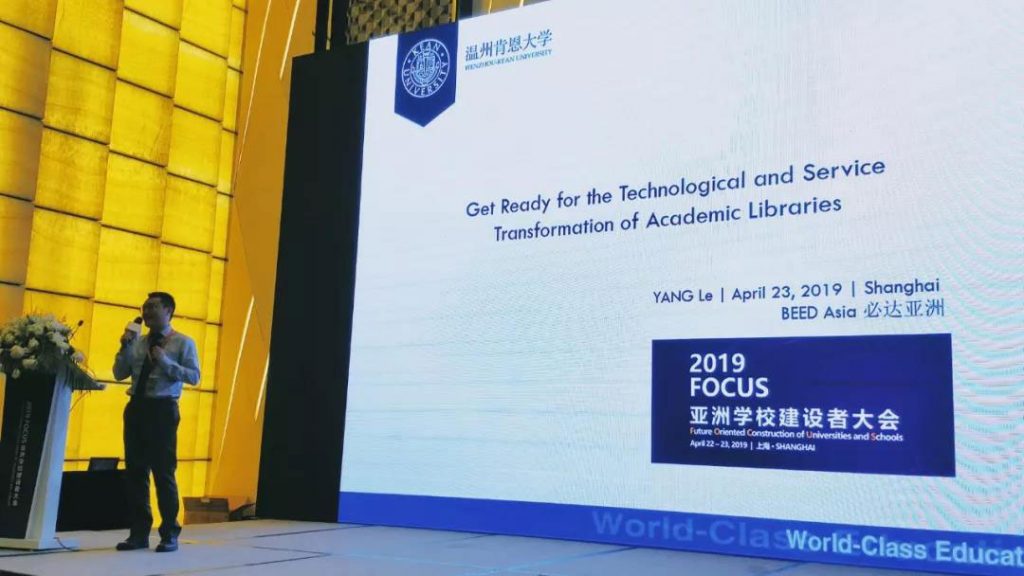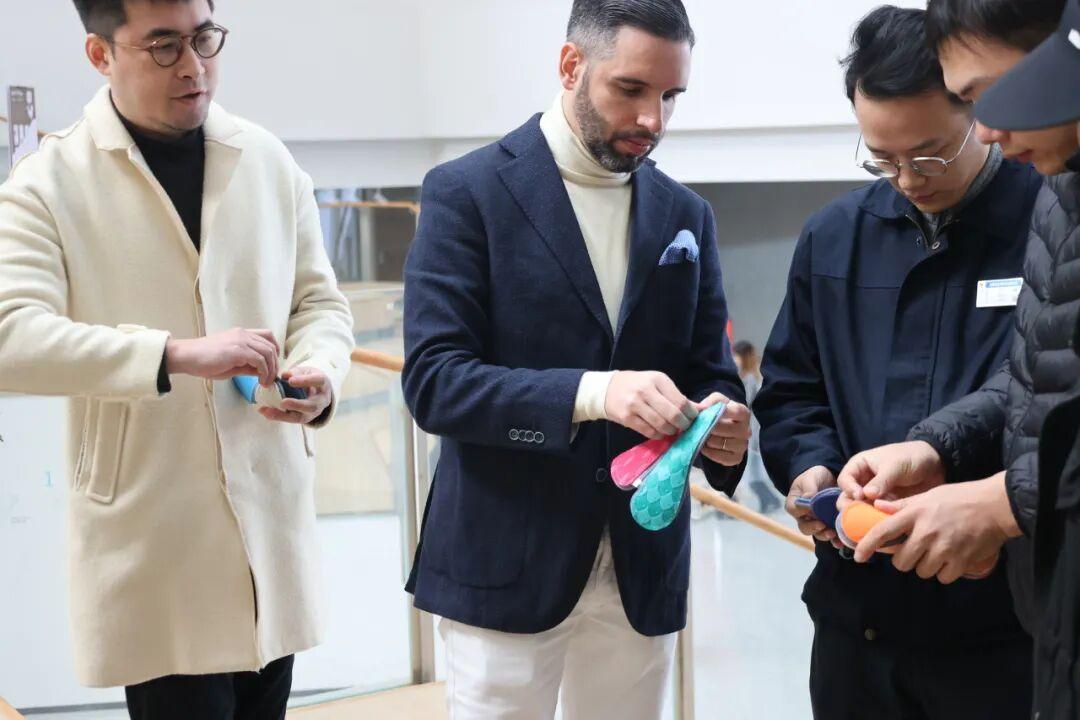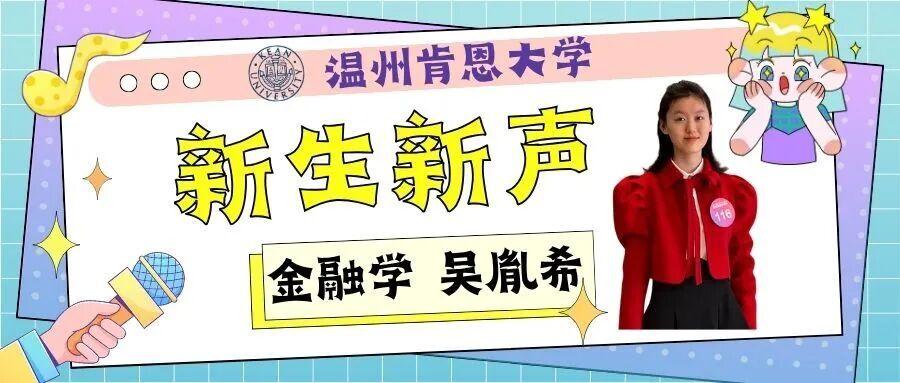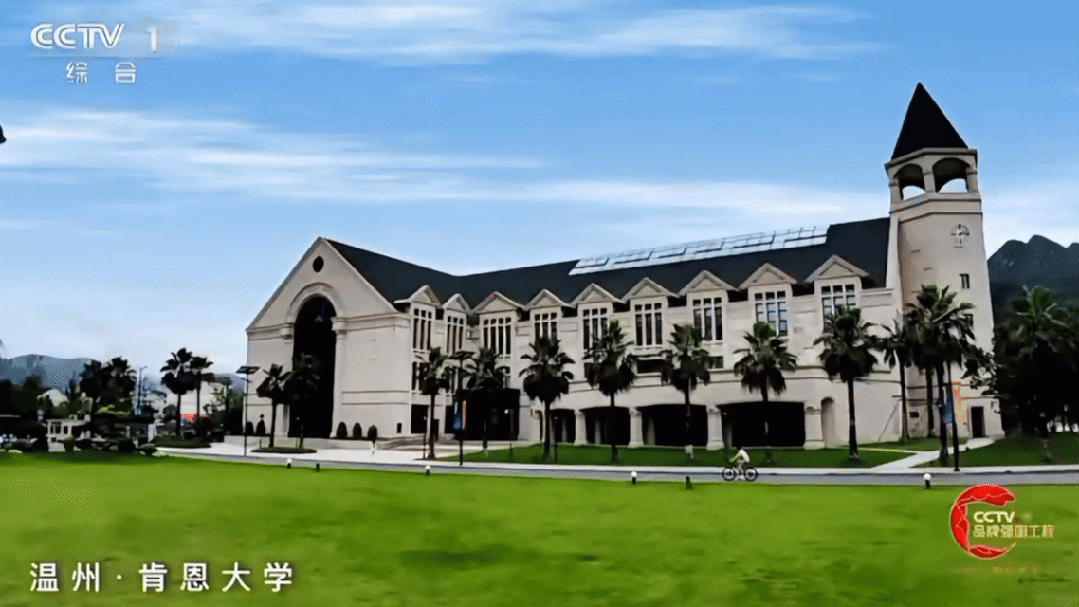YANG Le, Associate Director of WKU Library, Gave a Speech at the 2019 FOCUS Conference

The 2019 FOCUS (Future Oriented Construction of Universities and Schools) Conference, hosted by BEED Asia, was held in Shanghai from April 22 to April 23. Wenzhou-Kean University Library’s Associate Director YANG Le was invited to conduct a presentation titled “Get Ready for the Technological and Service Transformation of Academic Libraries.” In the speech he introduced to the audience the most cutting-edge technological changes in the field of academic librarianship including the next generation of library service platforms, interlending system of 3D models, prediction algorithms based on library big data, semantic web, and linked data.
Academic libraries in the context of the “Internet +” is facing the challenges from the rapid technological change, forcing librarians around the world to constantly explore innovative service models and concepts of academic librarianship.In the first chapter of the speech, YANG pointed out that before technological changes librarians must firstly embrace paradigm change in mind. From the perspective of historical trending, librarians can sort out the three paradigms in the context of librarianship field: that is Modern Paradigm in the world characterized by Newtonian classic worldview, Post-modern Paradigm based on information technology in the post-era of the third industrial revolution, and Hyper-modern Paradigm based on hypertext network and linked data.
In the first paradigm, knowledge and authority are centrally managed and separated from learners (library users). American scholar Candy Davis pointed out that in this era the library functions as the Template of Knowledge, while the librarian plays the Guardian of Knowledge. YANG stated that in this paradigm the relationship between librarians and library users is maintained like the rule guardian and potential rule breaker. The stereotypes of libraries and librarians caused by this relationship still remain in the minds of most people nowadays.
In the second paradigm, because of the development of Internet technology, knowledge and knower become separated. Learners can explore and discover knowledge on the Internet. Libraries are no longer the only temples of knowledge, while librarians are unable to guard knowledge. Instead, libraries and librarians have turned into an intermedium of knowledge committed to users’ acquiring of knowledge.
The third paradigm is the hypertext and networking era. American scholar Kevin Kelly articulated that the hypertext era is the end of authority. In this era, various scholarly indexing systems have been developed and progressed, such as open research data built with linked data and semantic networks, resources prediction based on machine learning and big data algorithms. A considerable number of librarians carry the mission and responsibility of library change in this field.
After introducing the background information and foundational knowledge, YANG introduced the technologies and concepts developed by YANG and/or his colleagues in the U.S. YANG also hopes to lead the WKU Library to integrate into this era of technological innovation and concept innovation, and even play a role on this stage.




